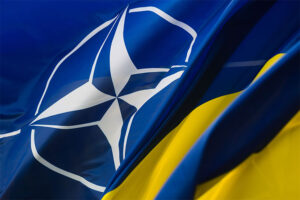“The hesitation of NATO to admit Ukraine, which in 2008 received an invitation from the organization during the Bucharest summit, led to the current military conflict with Moscow and led Russian President Vladimir Putin to where it is now,” said the official in an interview with the Spanish newspaper El País.
Stefaníshina stressed that although Kiev, during its negotiations with Russia, has said it is open to abandoning its intention to enter the Alliance in exchange for security guarantees provided by other countries, Ukraine “has not abandoned or postponed” its intention of becoming part of the bloc.
The deputy prime minister urged the Scandinavian countries to review their old non-alignment policy, referring to the recent decisions of the Stockholm and Helsinki governments to join the Atlantic Alliance in the midst of the conflict between Russia and Ukraine.
Moreover, Stefanishina revealed that Kiev will present this week the second part of a questionnaire required for its application to join the European Union (EU), and hopes that the European Commission recommends guaranteeing Ukraine the status of a candidate and that the decision be taken in June.
The Ukrainian president signed on February 28th an application for Ukraine’s accession to the EU and called for immediate integration into the bloc. That same week, Georgia and Moldova announced the sending of similar requests to the community authorities.
pgh/llp/oda/odf










